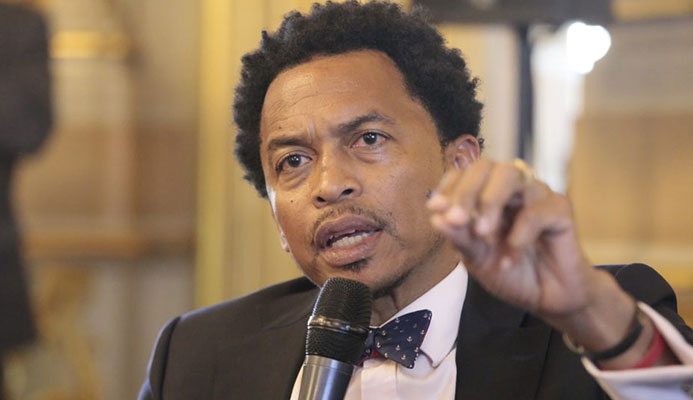It can be tiresome. The question begs to be asked. What are you doing?
That's the question sport stakeholders want to ask sport leaders every single day of the month. What's wrong with you people? Why can't you lot get it right for once?
You feel the doors closing in. And a pervasive sense of failure, or maybe its futility perceived as an overwhelming feeling of suffocating. There is no respite in sight or is there a light at the end of the dark tunnel? Are there good governance benchmarks?
National Sport Organisations (NSOs) oversee their respective sports and are responsible for ensuring that the core values of their sport are communicated and adhered. As an example the International Olympic Committee and the Commonwealth Games Federation are both obliged to support and encourage the promotion of ethics and good governance in sport.
NSOs are expected to create policy frameworks and internal control systems. It is important that NSOs accept this responsibility.
How do stakeholders monitor NSOs to ensure they are doing the right thing?
Recently, I was reading about the Nolan Principles. Targeted at Public Office holders. The Principles can apply to National Sport Organisations and National Governing Bodies.
The seven Nolan principles are :
- Selflessness: holders of public office should act solely in terms of the public interest. They should not do so in order to gain financial or other benefits for themselves, their family or friends.
- Integrity: holders of public office should not place themselves under any financial obligation or other obligation to outside individuals or organisations that might seek to influence them in the performance of their official duties
- Objectivity: in carrying out public business, including making public appointments, awarding contracts, or recommending individuals for rewards and benefits, holders of public office should make choices on merit
- Accountability: holders of public office are accountable for their decisions and actions to the public, and must submit themselves to whatever scrutiny is appropriate to their office.
- Openness: holders of public office should be as open as possible about all the decisions and actions they take. They should give reasons for their decisions and restrict information only when the wider public interests clearly demand it.
- Honesty: holders of public office have a duty to declare any private interests relating to their public duties and to take steps to resolve any conflicts arising in a way that protects the public interest.
- Leadership: holders of public office should promote and support these principles by leadership and example.
It is said that the Nolan Principles can provide a helpful guide to voluntary bodies regardless of their legal status or size. The principles can assist in setting the standards of behavior expected of an organisation's leaders. According to the ICSA sports governance handbook authors Kevin Carpenter. Amanda Bennett and Rob Wilson in making the case for the use of the Nolan Principles within the sport sector. Made the claim that the adoption of trusted principles can help build the confidence of stakeholders and align with organisational values that everyone can demonstrate.
Can the Nolan Principles help rid sport of the poor governance pandemic and usher in a new era of ethical leadership and good governance?
Brian Lewis is the President of the Trinidad and Tobago Olympic Committee (TTOC) and the Trinidad and Tobago Commonwealth Games Association (TTCGA). The views expressed are not necessarily those of the TTOC and TTCGA.

